Sainsbury's halts talks on Nisa buyout
Supermarket is waiting to see outcome of review of Tesco-Booker deal
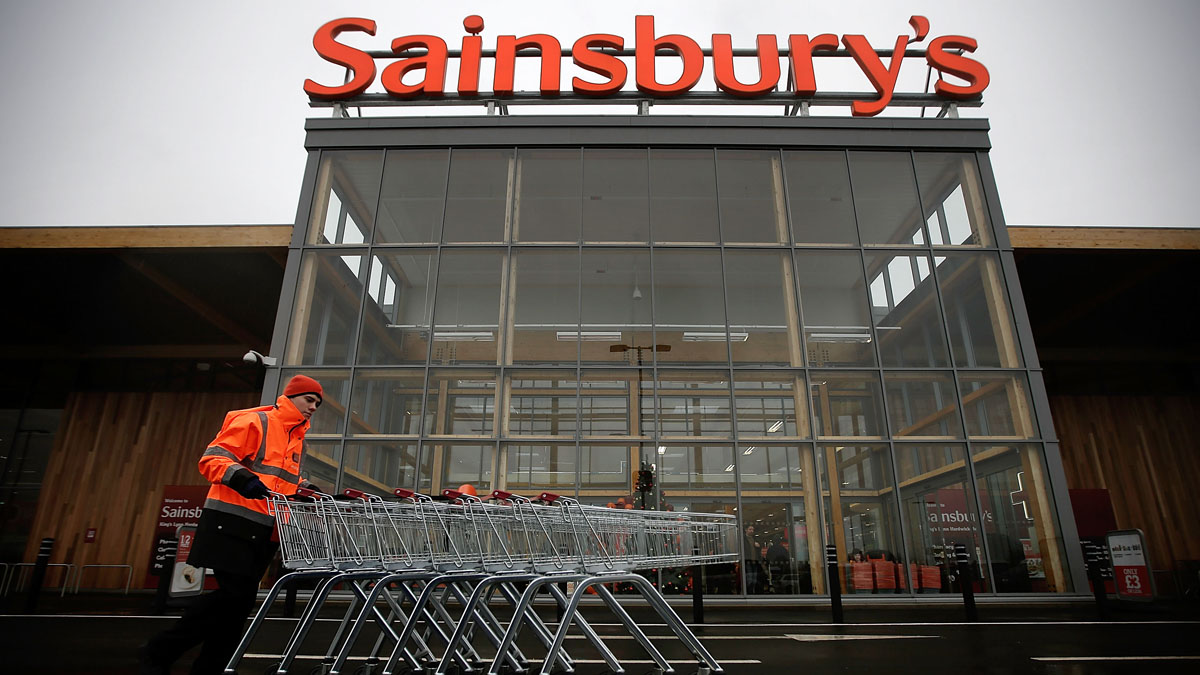
A free daily email with the biggest news stories of the day – and the best features from TheWeek.com
You are now subscribed
Your newsletter sign-up was successful
Sainsbury's overtakes Asda as UK's second biggest supermarket
17 November
Upheaval in the supermarket sector continues, with Tesco, Asda and Morrisons all seeing their sales slump, and the German discounters Aldi and Lidl experiencing record growth. But Sainsbury's, one of the so-called 'big four', is bucking the trend.
According to new figures from the analyst Kantar Worldpanel for the 12 weeks to 8 November, Sainsbury's has increased its sales by 1.5 per cent to £4.15bn. This has boosted the supermarket giant's market share to 16.6 per cent, meaning it has regained its spot as the UK's second largest supermarket, pushing Asda into third place. The figures represent the first time one of the 'big four' has increased its market share in a year.
The Week
Escape your echo chamber. Get the facts behind the news, plus analysis from multiple perspectives.

Sign up for The Week's Free Newsletters
From our morning news briefing to a weekly Good News Newsletter, get the best of The Week delivered directly to your inbox.
From our morning news briefing to a weekly Good News Newsletter, get the best of The Week delivered directly to your inbox.
The UK's largest supermarket group, Tesco, saw its sales fall by 2.5 per cent. Its market share also dipped to below 28 per cent, but it still remains well ahead of its competitors. Asda was again the worst performer in sales terms with a 3.5 per cent drop in sales, while Morrisons experienced a 1.7 per cent drop.
In an increasingly fragmented consumer market (see below), Sainsbury's has been investing heavily in a growing number of convenience stores, while Asda and Morrisons have been retrenching and refocusing on a core of profitable larger shops. Kantar says the latest figures mark the fourth consecutive period that Sainsbury's has increased its sales.
The store's growth pales in comparison to the German discounters Aldi and Lidl, which have boosted their sales by 16 per cent overall according to the latest data. With total revenues over the 12 weeks of £1.4bn, Aldi now commands a larger share of the market than Waitrose, while the two collectively account for ten per cent of all sales for the first time ever.
Waitrose saw a 2.7 per cent increase in its own sales, a reflection of its recent strong run. The Co-operative, which also benefits from a strong convenience store presence, also increased its sales by 1.5 per cent. Iceland, however, saw its sales fall by 0.6 per cent.
A free daily email with the biggest news stories of the day – and the best features from TheWeek.com
Sainsbury's shares suffer after dividend cut
11 November
Sainsbury's had managed to avoid the sort of share sell-offs seen elsewhere in the supermarket sector in recent months, but its stock has slumped today in the wake of its first-half results.
These revealed that the firm had posted an 18 per cent call in profit to £308m, the BBC reports. This was on the back of a fall in like-for-like sales – a measure of actual sales revenues in stores that have been open at least one year – of 1.6 per cent. Food sales declined by one per cent and sales at larger supermarkets fell by two per cent.
The real kicker for investors was a reduction in the dividend payout from 5p per share to 4p. Shares had fallen 6.4 per cent to 255p by late afternoon.
This price is still above the 225p at which it languished in mid-September, however, before a third quarter update that revealed full-year profits would come in ahead of analysts' lowly expectations and that, underneath the falling sales caused by an ongoing price war, the brand's fundamental sale picture was positive.
Many of the more upbeat messages were being emphasised again today. The company pointed to a fall in overall sales of just 0.1 per cent, as convenience stores – where it is expanding rapidly (see below) - saw sales jump 11 per cent, online orders rose seven per cent and clothing sales increased 10 per cent. The company is also expecting the Christmas sales season to be strong.
Simon Hathaway, president and global chief retail officer at public relations analyst Cheil, told Marketing magazine that the city had been "expecting the falls to be steeper" and that he was "actually pleasantly surprised at the results".
"Yes, profits are down but if you look at things closely Sainsbury's has made £150m in price and still delivered a 6 per cent increase in total income," Hathaway said. "I'd say that Sainsbury's is going about things the right way and its investment in price will pay dividends."
Sainsbury's seeks to exploit small-store advantage
26 October
You would be forgiven for thinking the move into smaller stores by big supermarkets was a folly, after Asda recently halted expansion and Morrisons abandoned the sector altogether.
Sainsbury's, however, does not agree. It has announced plans to double the number of existing Sainsbury's Local convenience stores to 1,500 – and to open 1,000 even smaller "micro stores" to cash in on city-centre workers seeking fresh snacks and lunches.
The Financial Times reports that the chain is opening a 1,000 sq ft store in central London – around a third the size of a typical supermarket – "with fewer groceries than a typical convenience store and the focus on largely fresh produce". If that is successful it will be rolled out more widely.
It might seem an odd move for Britain's third-largest grocer at a time when two of its 'big four' rivals are moving away from the convenience sector. But Sainsbury's smaller stores have outperformed its rivals – and are helping the supermarket chain to show greater resilience in the face of sector upheaval, caused by the rapid growth of discounters and a consumer move away from single large weekly shops.
Its convenience stores have grown 16 per cent over the past year, during a time when all of the large supermarkets have seen sales decline. The Guardian notes the convenience sector as a whole could see sales grow 17 per cent over the next five years.
Sainsbury's' focus on convenience stores has even led to it opposing plans to offer flexibility on Sunday trading laws. Its chief executive Mike Coupe told The Independent there is "no demand" from shoppers for changes to the rules, after the government proposed giving local authorities rights to allow larger stores in particular retail 'zones' to open for longer.
"Analysts have suggested that part of the reason Sainsbury’s would be against extended hours on Sundays is because it could lead to a fall in business at its highly profitable convenience stores, which charge higher prices and can open longer providing they are smaller than 3,000 sq ft."
Rivals such as Asda which are much less reliant on these stores have been vocal advocates in favour of reforms.
Sainsbury's 'change of tone' prompts share surge
30 September
Sainsbury's has signalled a more upbeat tone that is reverberating around the supermarket sector.
In a statement to the market this morning, the 'big four' grocer took what the BBC's business editor Kamal Ahmed described as the "unusual" step of offering full-year profit guidance. It normally wouldn't "say anything about profits in a trading update" – but after a run of poor form across the industry it had good news to share.
A like-for-like "measure of cash going through the tills" still showed a 1.1 per cent decline over the past quarter as the effects of a price war continue to bite, but overall sales were up 0.3 per cent and the average number of items being bought by each customer is on the up after a long decline. Sainsbury's therefore claimed its strategy of shifting from specific promotions to "long term" price cuts is working – and it said it expected full-year earnings to exceed consensus expectations of £548m.
This still means it is likely to be down on last year's £681m, but is much better than it might have been given the onslaught from discount rivals Aldi and Lidl and corollary food deflation. As the average basket size is also rising, it positions Sainsbury's well for when prices begin to pick up again.
The retailer opened 27 new convenience stores in the past 16 weeks, taking the total to 741 and highlighting the group's attempt to get on top of the trend of shoppers' favouring "smaller and more frequent trips to stores", the Daily Telegraph adds. Online sales also grew 15 per cent – and the chain is rolling out more 'click and collect' stations to capture that fast-growing market.
More than anything the news broke a long run of negative predictions for the sector and gave investors reason to buy. Sainsbury's was up a stunning 13 per cent for the day to 259p, while the UK's number one grocer, Tesco, was up seven per cent at 183p. Even Morrisons, which has shown dire sales of late and has actually ditched its convenience stores, rose by 5.5 per cent.
Headline:
Sainsbury's gets green light for £1.3bn Argos buyout
Standfirst:
Competition and Markets Authority decide not to prolong sales process between grocer and Home Retail Group
Sainsbury's has been given a green light to press on with its buyout of Argos-owner Home Retail Group.
The Competition and Markets Authority will not pass the deal on for a more intense "phase two" investigation, which could have delayed the process by months, reports The Times [1].
Some had thought the crossover in non-food sectors – the tie-up will create the UK's largest seller of non-food products – would prompt the regulator to subject the transaction to greater scrutiny.
"This is an important step in the deal process," the two companies said in a joint statement.
"The combination of both businesses will create a multi-product, multi-channel proposition with fast delivery networks, giving customers what they want, whenever and wherever they want it."
Originally priced at around £1.4bn, the cash-and-shares deal now equates to a consideration of £1.3bn for Home Retail investors, thanks to a fall in Sainsbury's shares since it was first announced.
The quoted purchase price includes the proceeds of the sale of Homebase to Australian DIY chain Bunnings and a final dividend of 2.8p per share.
References to "fast delivery" networks in the statement is significant in that it both highlights one of the key rationales for the buyout and comes alongside a major development from Sainsbury's.
The supermarket has announced a trial that will see three London stores outsource online orders for home delivery to a 990-staff strong "dark store" warehouse in Bromley-by-Bow, in the east of the capital.
Importantly, this will allow it to offer a four to six-hour, same-day delivery service, notes the Telegraph [2], taking the fight to Amazon, which is also rolling out a same-day UK grocery service [3].
If the trial is successful, a similar service could be in place for 30 more stores by Christmas.
Sainsbury’s launched its online grocery business in 1999 and by 2013 sales had reached £1bn. Last year, sales grew by nearly 9 per cent.
3. https://www.theweek.co.uk/73452/amazon-piles-pressure-on-supermarkets-with-fresh-food-launch
-
 The Week Unwrapped: Have televised confessions quelled protests in Iran?
The Week Unwrapped: Have televised confessions quelled protests in Iran?Podcast Plus, why has Elon Musk turned from Mars to the Moon? And will the BBC prove to be a puzzles champ?
-
 The week’s best photos
The week’s best photosIn Pictures An Andean god, a rogue squirrel, and more
-
 9 products to jazz up your letters and cards
9 products to jazz up your letters and cardsThe Week Recommends Get the write stuff
-
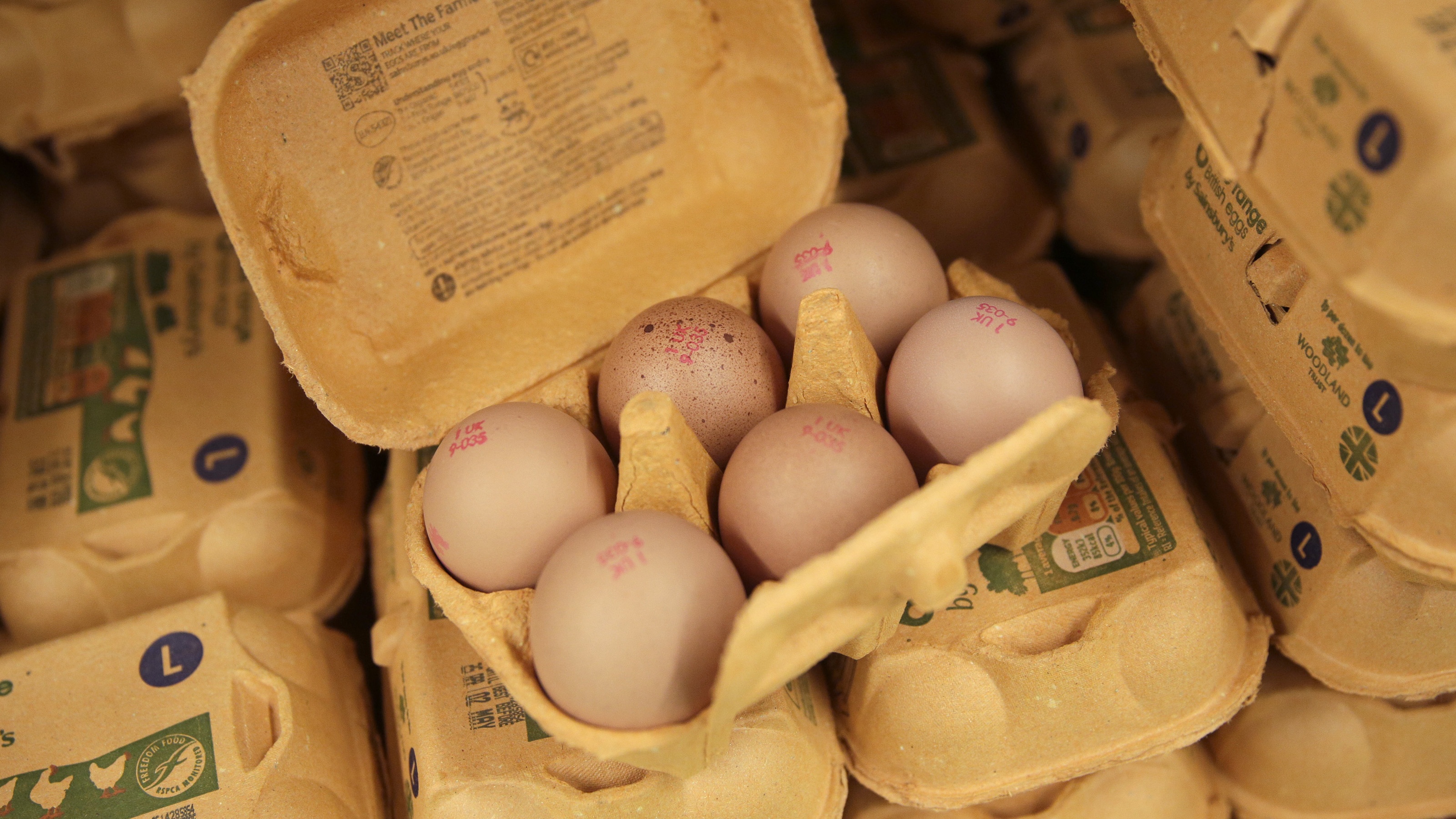 The UK’s Christmas egg shortage
The UK’s Christmas egg shortagefeature Supermarkets blame bird flu but farmers say unfair buying practices are driving them out of business
-
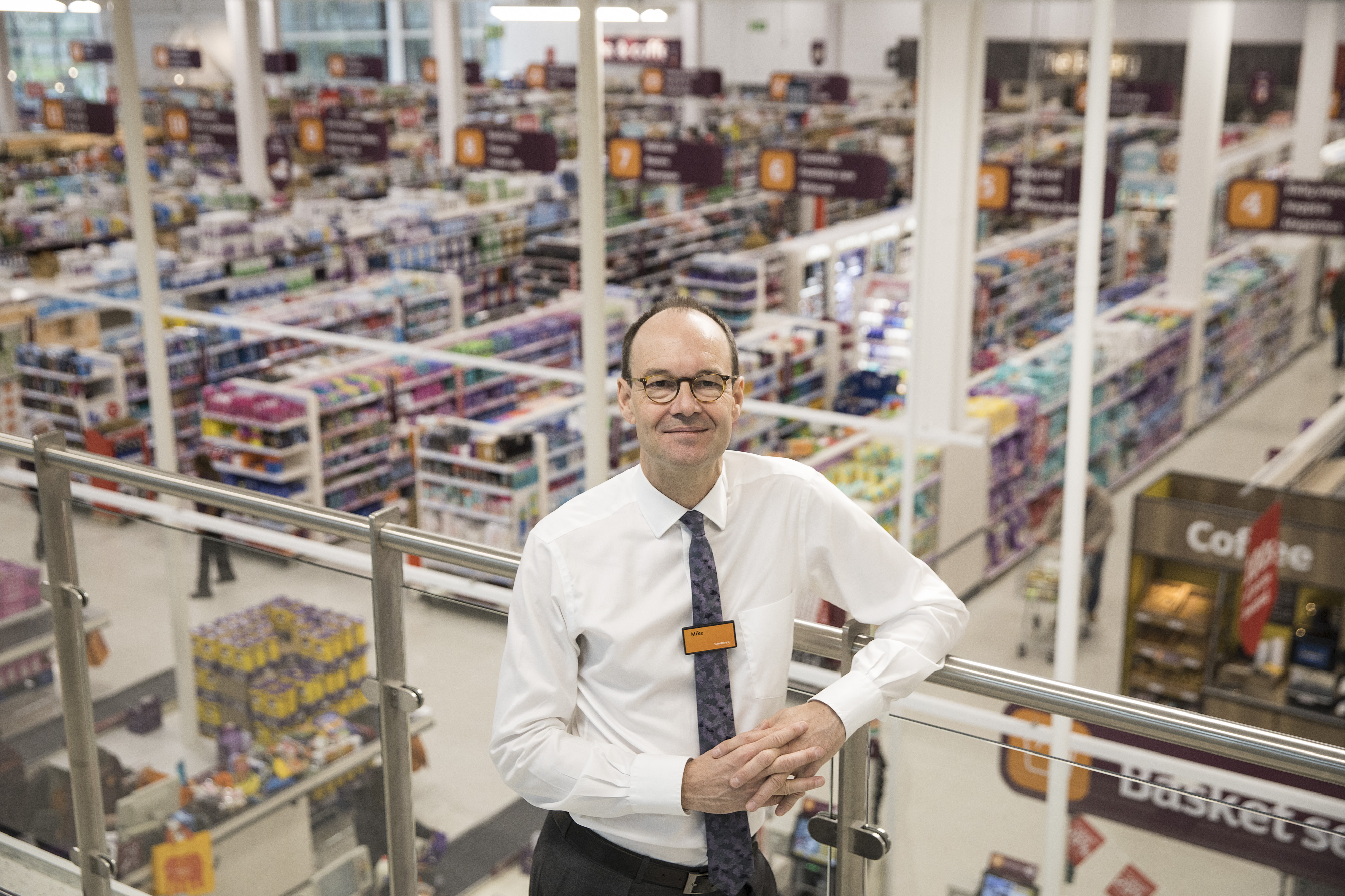 Why Sainsbury’s chief Mike Coupe is stepping down
Why Sainsbury’s chief Mike Coupe is stepping downIn Depth The executive aggressively cut costs to compete with Aldi and Lidl, but failed to acquire Asda
-
 Sales of Christmas puddings down on 2018
Sales of Christmas puddings down on 2018Speed Read Supermarket data shows slump in demand for festive food
-
 Should supermarkets stop selling fireworks?
Should supermarkets stop selling fireworks?Speed Read Sainsbury’s bans the bangers from all of its stores in response to fears for pets
-
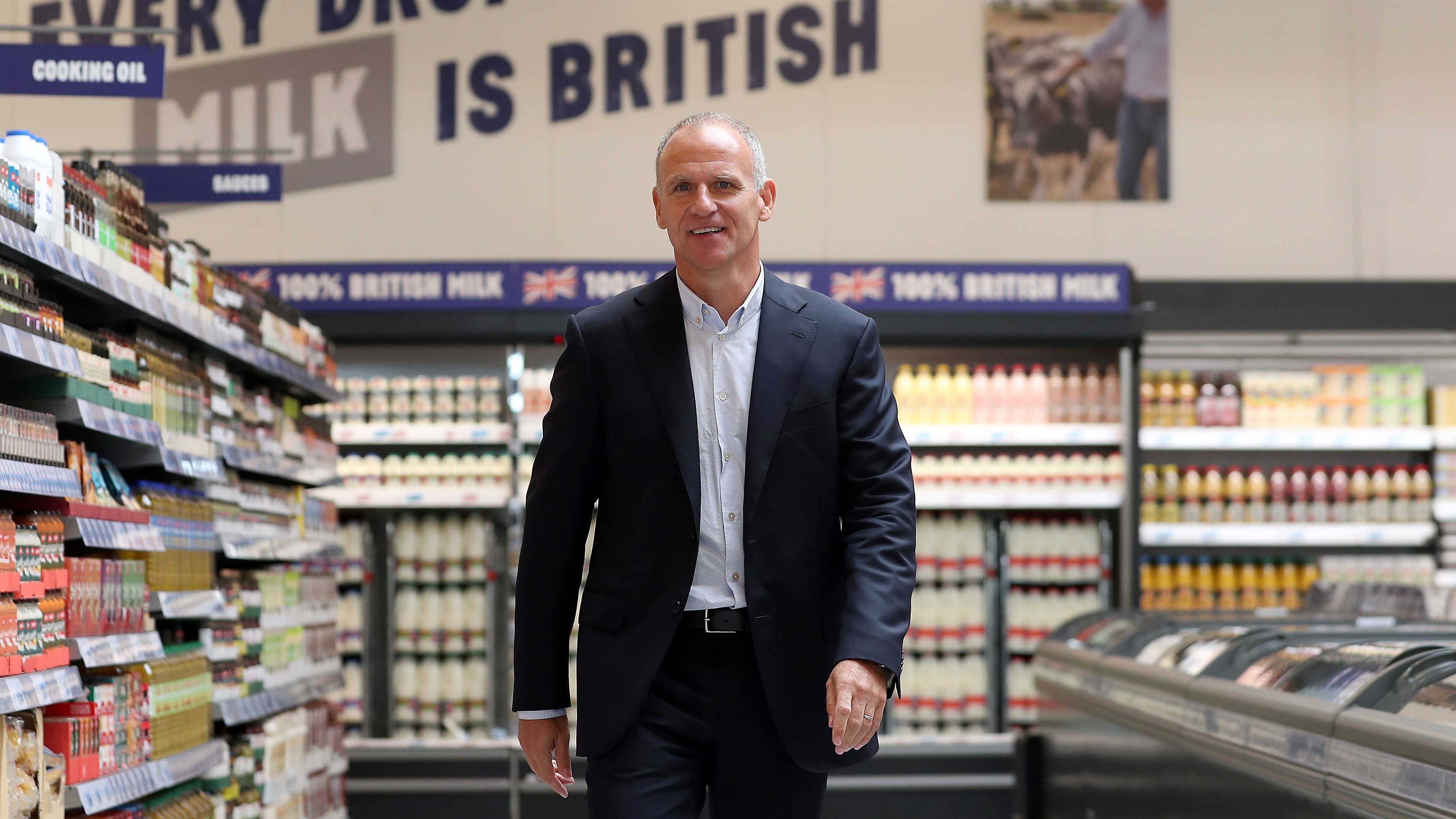 Why Tesco’s Dave Lewis is stepping down
Why Tesco’s Dave Lewis is stepping downSpeed Read The boss who turned Tesco’s fortunes around will leave CEO role in 2020
-
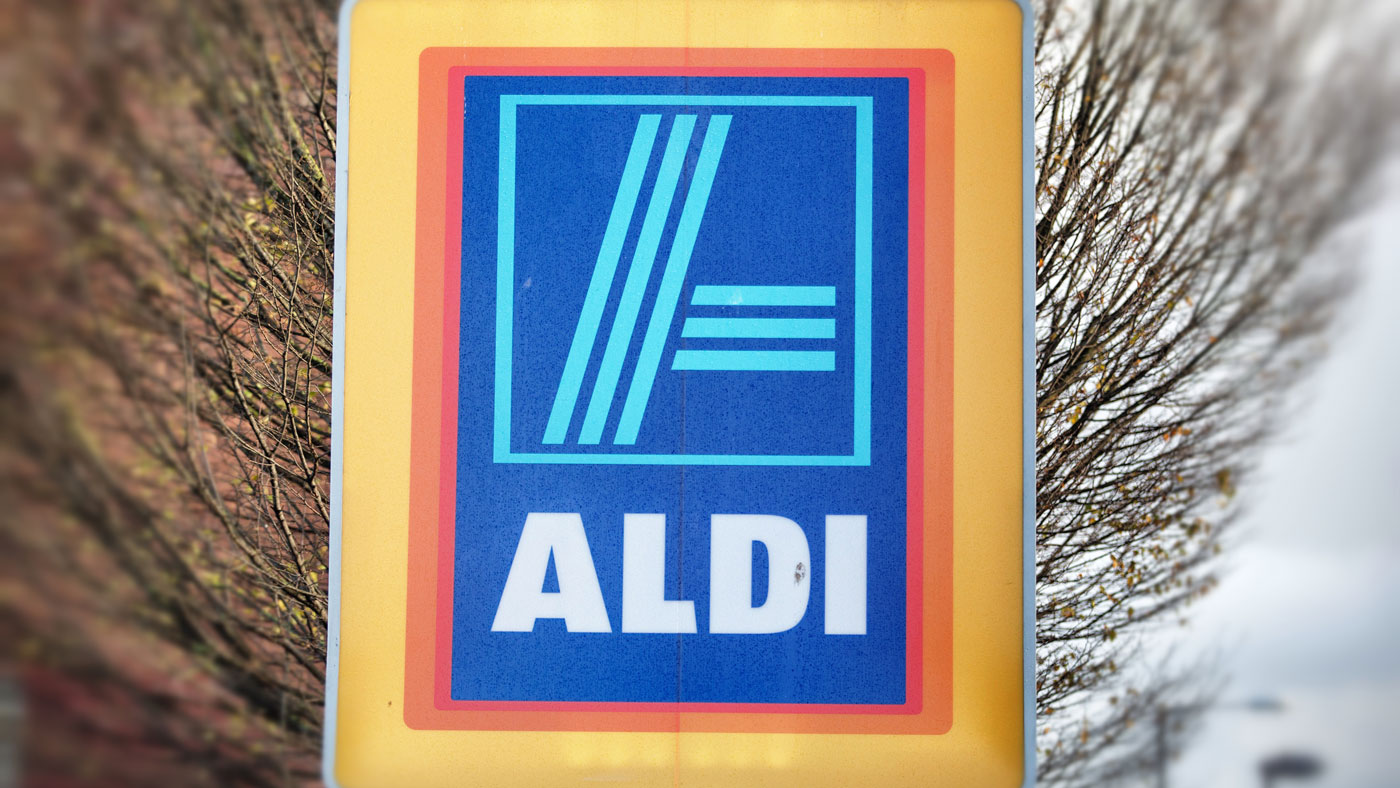 Why are profits collapsing at Aldi?
Why are profits collapsing at Aldi?Speed Read German discounter announces aggressive expansion despite sinking profits
-
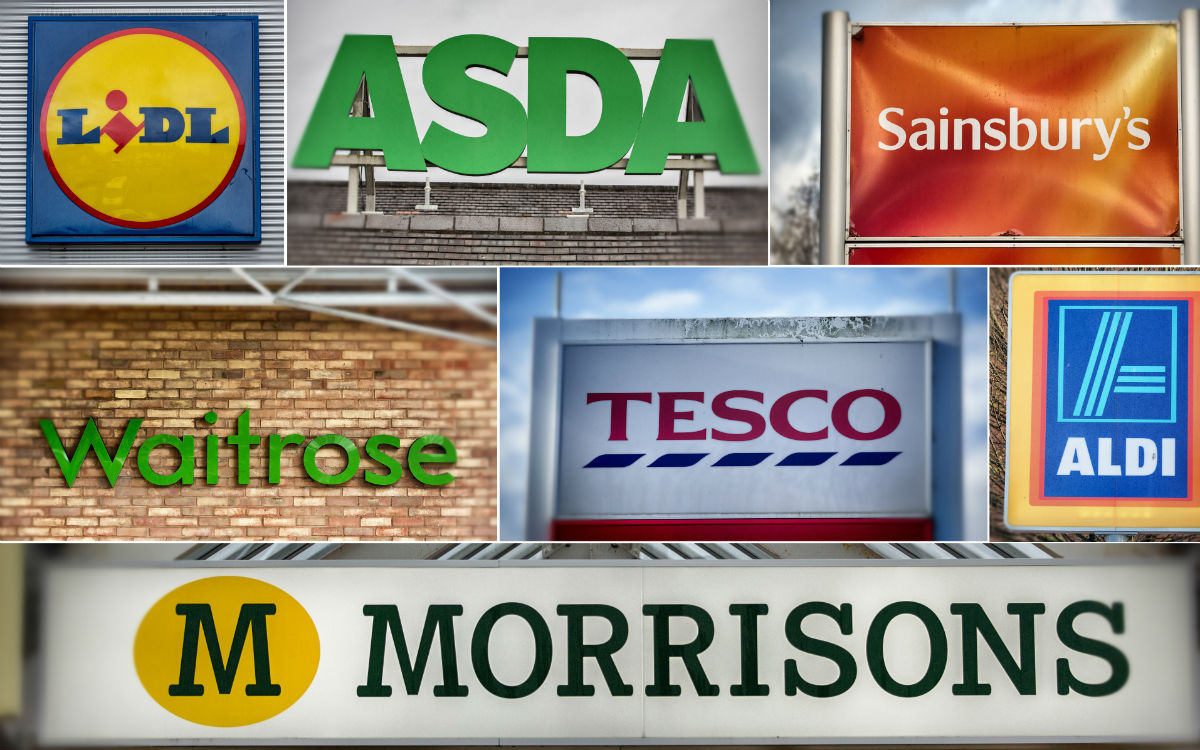 Why are supermarket sales flat?
Why are supermarket sales flat?Speed Read Brexit, fears of recession and price rises blamed for weak data
-
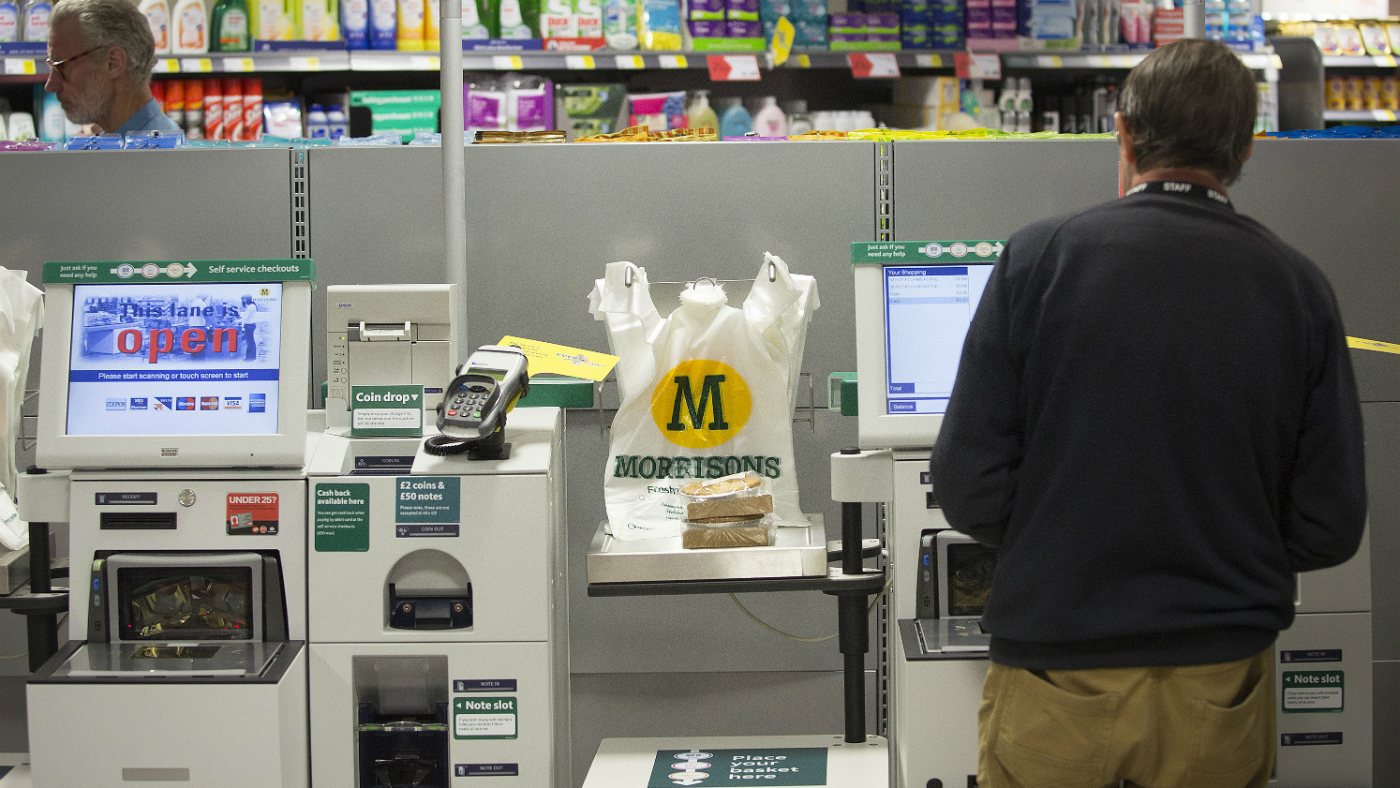 Will shoppers be charged for using self-service machines?
Will shoppers be charged for using self-service machines?In Depth MPs say 1p fee for using self-scan tills could raise £30m a year to ‘heal social divisions’